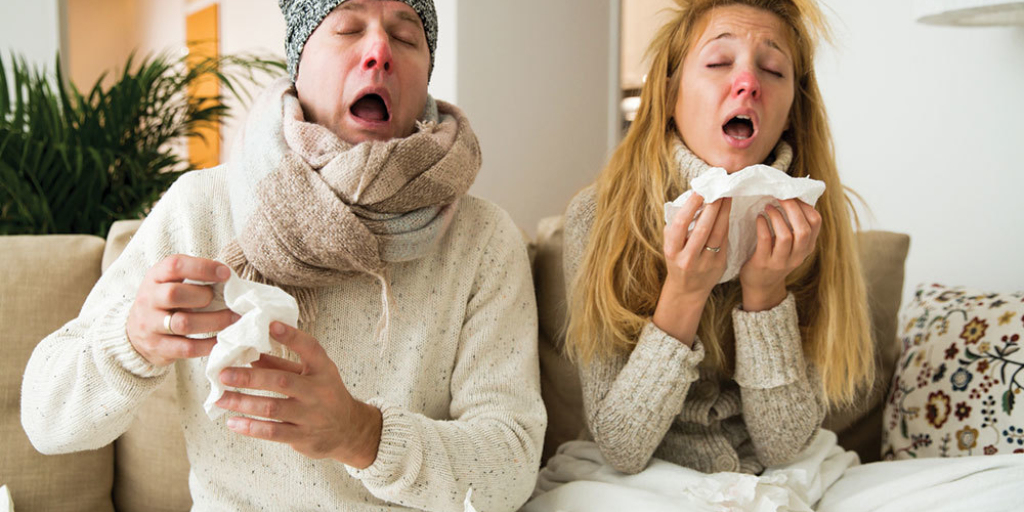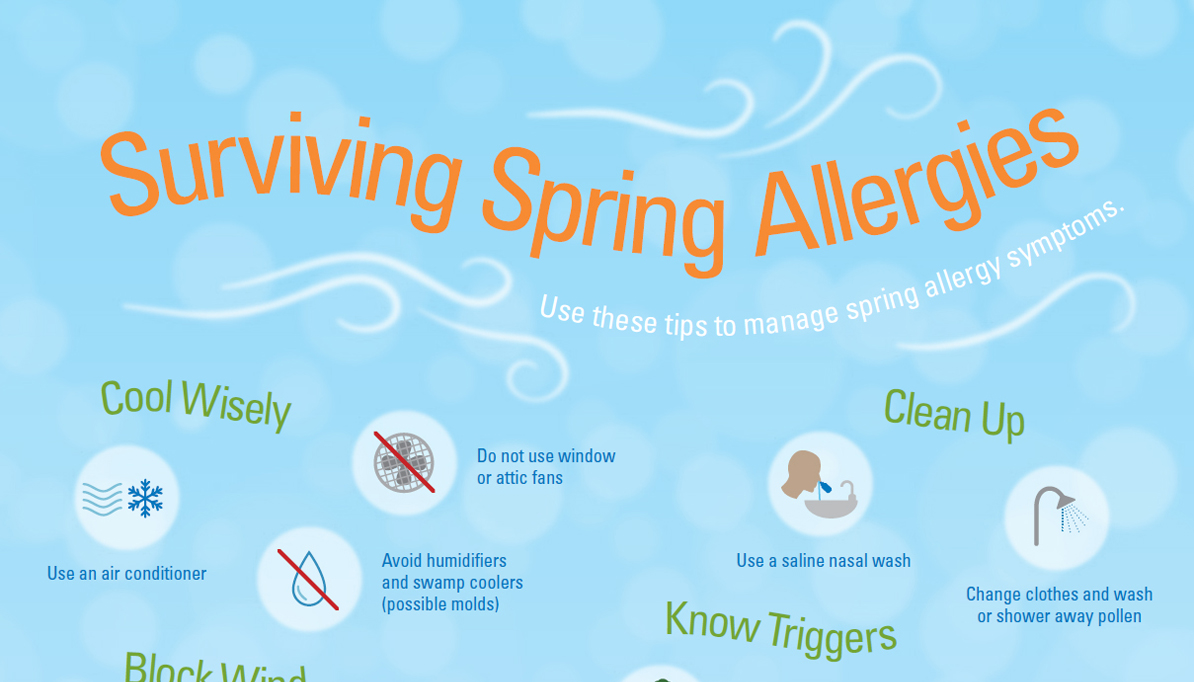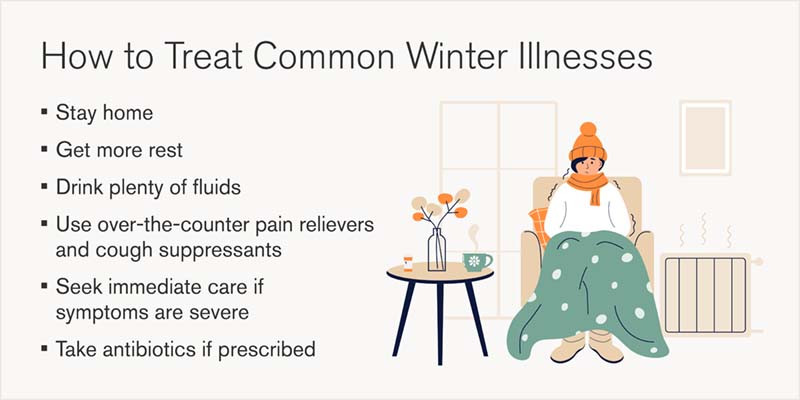As seasons change, so do the health challenges we face. Seasonal illnesses such as colds, flu, allergies, and heat-related conditions can disrupt our routines and affect overall well-being. While each season brings unique health risks, proactive steps can minimize their impact and help you stay healthy. From boosting immunity during winter to staying hydrated in summer, understanding how to safeguard your health throughout the year is essential.
In this guide, we’ll explore common seasonal illnesses, the factors that contribute to them, and practical tips to protect yourself during every season.
Common Seasonal Illnesses and Their Causes
Winter Illnesses

During colder months, respiratory infections like colds, flu, and bronchitis are prevalent. Low temperatures and indoor gatherings create conditions conducive to the spread of viruses. Dry air from heating systems can also irritate nasal passages, making them more susceptible to infections.
Spring Allergies

Springtime triggers allergies in many individuals due to blooming flowers, pollen, and mold. Symptoms often include sneezing, itchy eyes, and congestion. Those with asthma may experience worsened respiratory symptoms.
Summer Health Issues

Prolonged exposure to heat and sun can lead to dehydration, heat exhaustion, and sunburn. Summer also increases the risk of foodborne illnesses as high temperatures affect food safety.
Fall Respiratory Concerns
As temperatures drop and schools reopen, fall sees an uptick in colds, viral infections, and allergies caused by mold and decaying leaves. The season also sets the stage for flu outbreaks, making vaccinations critical.
Preventive Measures for Each Season
Winter Wellness Strategies

- Strengthen Immunity: Consume nutrient-dense foods rich in vitamins C and D to support immune function.
- Stay Warm: Wear layers to maintain body temperature and reduce the risk of hypothermia or frostbite.
- Practice Hygiene: Wash hands frequently to prevent the spread of cold and flu viruses.
Spring Allergy Relief
- Limit Outdoor Exposure: Monitor pollen counts and stay indoors when levels are high.
- Use Air Purifiers: Reduce indoor allergens with HEPA filters.
- Start Allergy Medications Early: Taking antihistamines before symptoms appear can provide better relief.
Summer Health Tips
- Stay Hydrated: Drink plenty of water and consume hydrating foods like cucumbers and watermelon.
- Protect Your Skin: Apply broad-spectrum sunscreen and wear protective clothing when outdoors.
- Food Safety: Refrigerate perishable items promptly and avoid leaving food out in the heat.
Fall Protection Tips

- Vaccinate Early: Get your flu shot before the season peaks to reduce the risk of infection.
- Boost Indoor Air Quality: Clean air vents and use humidifiers to prevent dryness.
- Rake Leaves Promptly: Minimize exposure to mold by keeping outdoor areas tidy.
Year-Round Habits for Better Health
While specific seasons present unique challenges, some habits are universally effective in reducing the risk of illness.
Maintain a Healthy Diet
Eating a variety of fruits, vegetables, lean proteins, and whole grains provides essential nutrients that bolster immunity. Probiotics, found in yogurt and fermented foods, support gut health and overall resilience.
Exercise Regularly

Physical activity enhances circulation, reduces stress, and supports immune function. Modify your workouts according to seasonal conditions—for instance, move indoors during extreme heat or cold.
Prioritize Sleep
Adequate sleep allows the body to repair and defend against infections. Aim for 7-9 hours of quality rest each night and establish a consistent bedtime routine.
Stay Informed
Be aware of seasonal health risks in your area and stay updated on weather forecasts, pollen counts, and public health alerts.
When to Seek Medical Attention
Despite your best efforts, you may still fall ill occasionally. Recognizing when to consult a healthcare provider is crucial for timely treatment.
- Persistent Fever: Fevers lasting more than three days may indicate a bacterial or viral infection requiring medical intervention.
- Severe Allergy Symptoms: Uncontrolled allergies can lead to complications such as sinus infections or asthma attacks.
- Signs of Dehydration: Symptoms like extreme thirst, dizziness, or reduced urination require immediate hydration and possibly professional care.
Early treatment not only speeds recovery but also prevents minor issues from escalating into serious conditions.
Stay Healthy Every Season
Protecting yourself from seasonal illnesses requires a proactive approach, tailored to the challenges of each time of year. By adopting preventive measures, maintaining healthy habits, and staying informed, you can enjoy better health and minimize the impact of common ailments.
What are your go-to strategies for staying well year-round? Share your experiences and tips in the comments below! Visit our website for more in-depth health advice, and subscribe to our newsletter for seasonal updates and expert insights. Together, let’s embrace a healthier lifestyle!

Leave a Reply